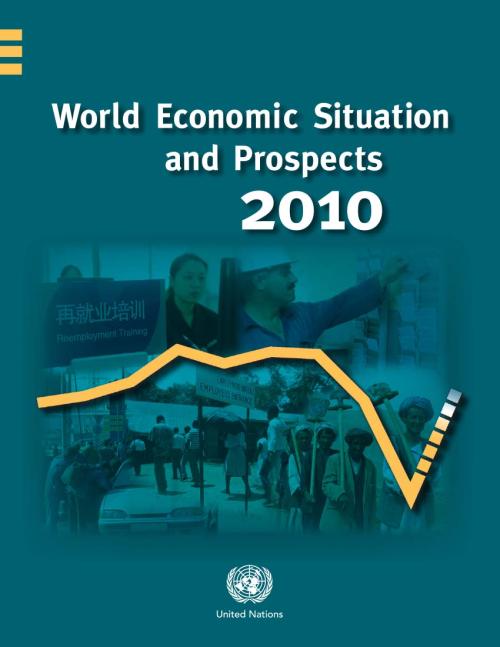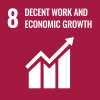The world economy continued to improve in the first half of 2010, leading to a slight upward revision in the United Nations outlook for global growth. The pace of the recovery is too weak, however, to close the global output gap left by the crisis. The recovery is also uneven across countries. While growth prospects for some developing countries are encouraging, economic activity is lacklustre in developed economies and below potential elsewhere in the developing world.
Important weaknesses in the global economy remain. Despite the large amounts of liquidity injected into the financial system, credit growth remains feeble in major developed economies and the process of financial de-leveraging is still ongoing. Unemployment rates are expected to remain elevated for a protracted period in most developed economies. In developing countries, many workers have been pushed into vulnerable employment and the number of working poor may still increase further in the immediate outlook. Fiscal positions are deteriorating rapidly, particularly among developed countries. This is limiting the space for further policy support needed to sustain the recovery in many economies. Escalated concerns about risks associated with sovereign debts in some economies have also become a new source of financial instability.
Continued macroeconomic stimulus remains crucial for solidifying and broadening the recovery, but should become more focused on boosting employment growth. A balance between the continued need for sustaining the recovery and the need for fiscal consolidation in the medium run is a key policy challenge for many developed countries. International policy coordination needs to be strengthened in order to put the world economy on a robust, sustainable and more balanced growth path, and for reforming both the national and international financial systems.
 Welcome to the United Nations
Welcome to the United Nations

